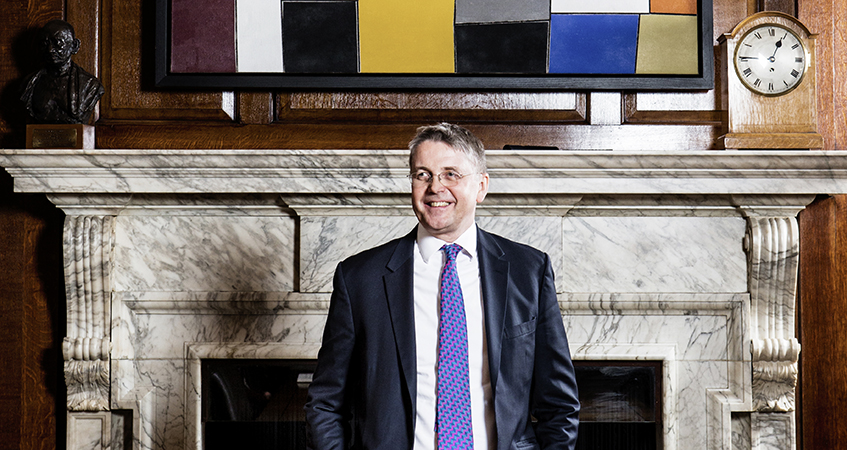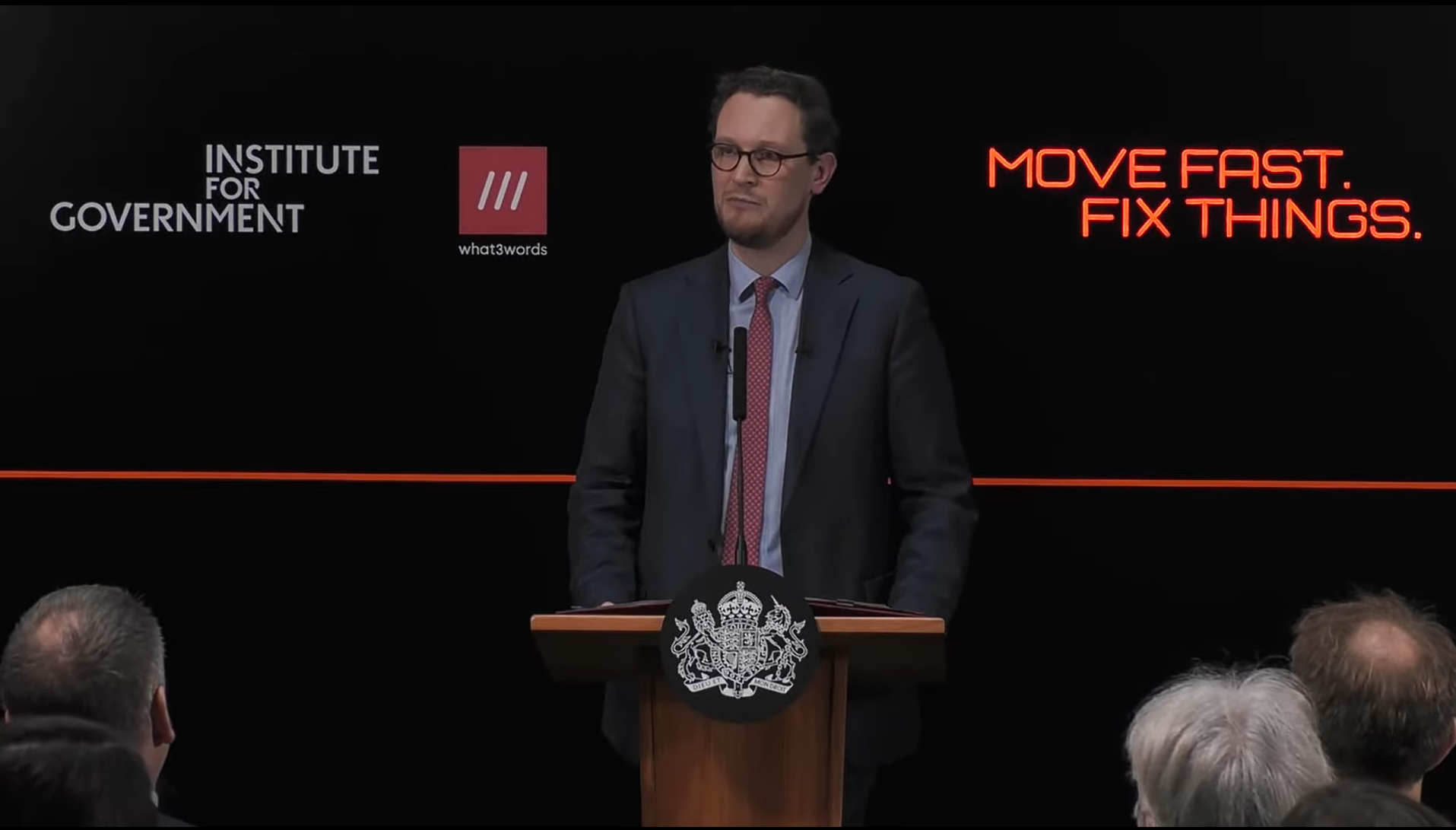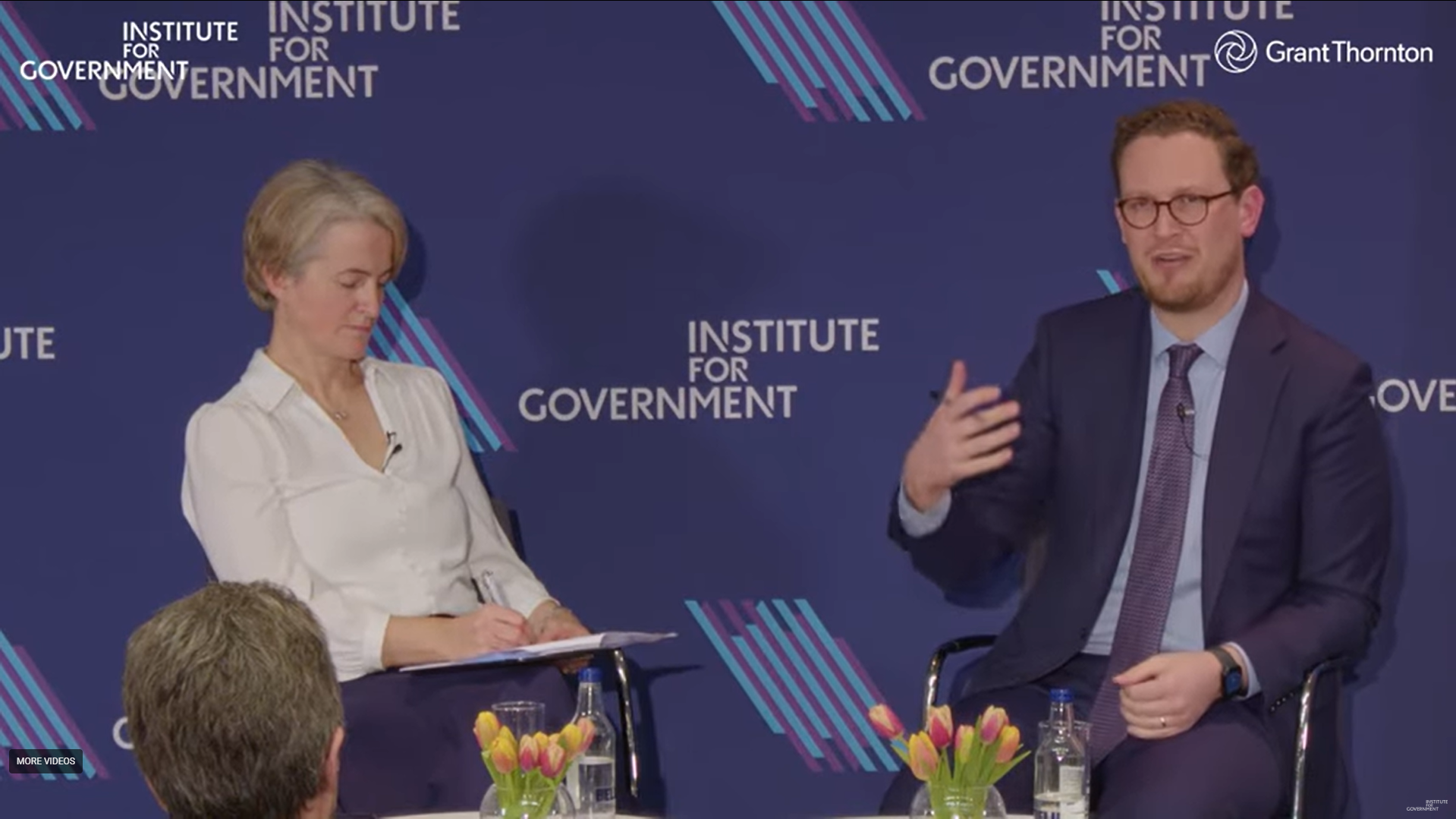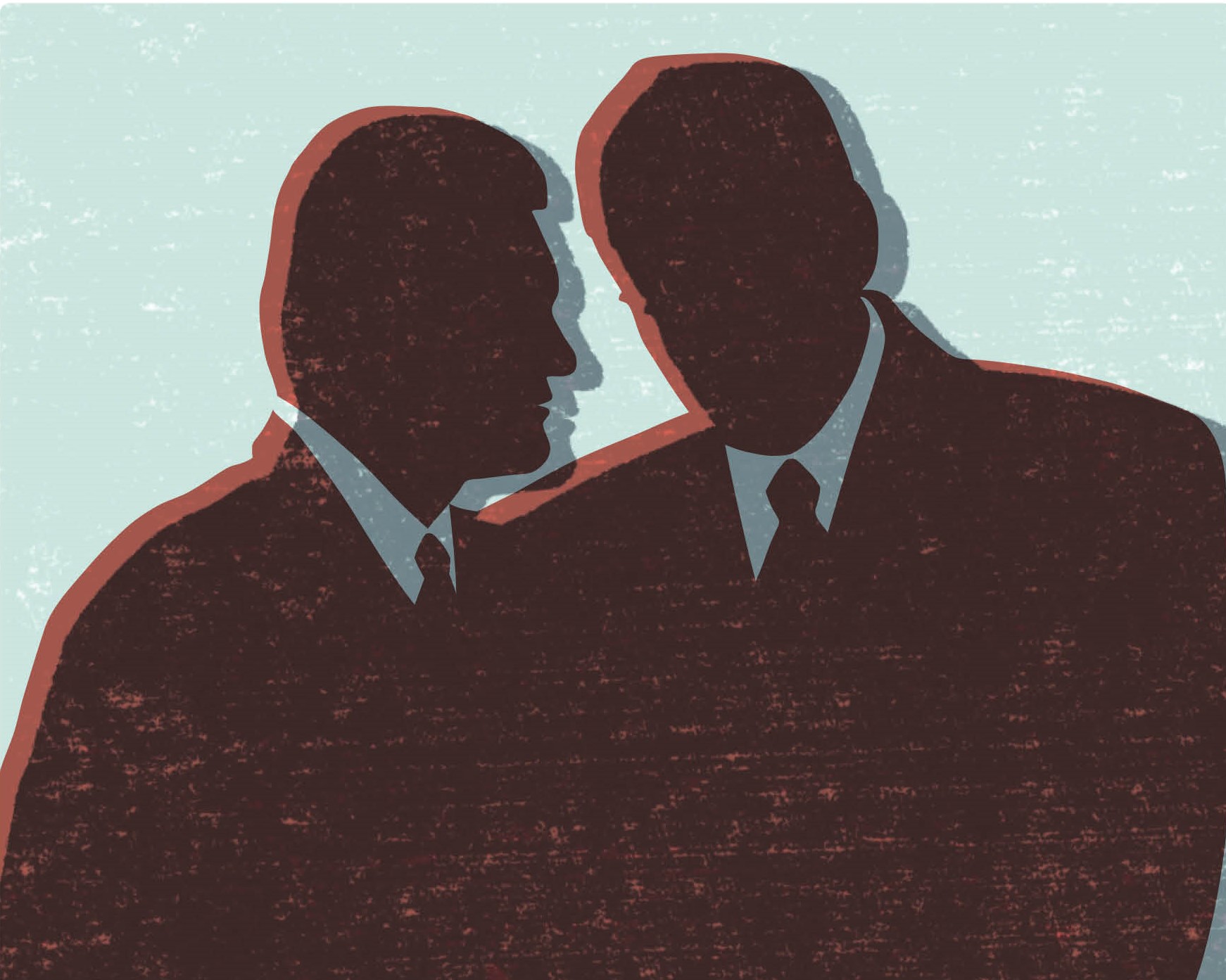Jeremy Heywood: “The pre-eminent public servant of his age”

Public servants and politicians alike mourn the passing of Cabinet Secretary Lord Jeremy Heywood, a man described as representing “the very best of the civil service.”
When a young graduate armed with a Masters in Economics, Heywood joined the civil service as a Fast streamer. From his first post at the Health and Safety Executive, he moved to the Treasury – Private Secretary to the Chancellor of the Exchequer aged just 29.
Four consecutive Prime Ministers were eager to make him part of their respective teams. In 1997, the newly elected Tony Blair appointed Heywood as his economic and domestic policy secretary. By the middle of 1999, he was once again a Principal Private Secretary, though this time to the Prime Minister himself – a role he would assume once more during Gordon Brown’s premiership, until he was appointed Downing Street Chief of Staff.
David Cameron, remembering Heywood from his own Treasury days as a special advisor to Norman Lamont, was keen to hold on to the civil servant. Under this PM, Heywood was made Downing Street’s Chief of Staff and its Permanent Secretary. He was ultimately promoted to Cabinet Secretary in 2012, accepting the additional role of Head of Civil Service in 2014. In these dual capacities, he worked with his final Prime Minister, Theresa May.
Heywood has been described as “like a drug”, in that “people get addicted to him quite quickly”. It is easy to see how Heads of States turned to this ever-reliable stalwart to help them through 9/11, the financial crash, the coalition and Brexit.
A consummate professional, Heywood was also a devoted father, husband and Manchester United fan. “Jeremy could light up any room or conversation and loved hosting a good party,” according to his wife Suzanne, and he was noted for being “the first on the dancefloor at the No 10 Christmas party.”
In 2012, at his first appearance before a select committee, Heywood said: “I try my best to stay invisible”. In one way, he succeeded in keeping his public profile low. However, his death was met with a chorus of cross-party tributes. Cameron described the news as “desperately sad”; Brown named him “the most dynamic civil servant of his generation”; Jeremy Corbyn called Heywood “an impressive and dedicated public servant”.
FDA General Secretary Dave Penman described Heywood as, in many ways, “the archetypal civil servant, who shunned the limelight and never looked totally comfortable when it was shining on him,” noting that “many will struggle to recall ever hearing his voice as he rarely made a public appearance.”
Though quiet, Penman noted that “many have called Heywood the pre-eminent public servant of his age, with those who worked closest to him describing a man who cared about his colleagues and was passionate about diversity.”
“I last spoke to him just before his cancer returned,” Penman recalled. “He asked to see me, to thank us for the work we were doing defending the impartiality of the civil service and those civil servants under constant attack over Brexit.
“I told him journalists were always asking me when he was going to step down and regularly spoke of plots to oust him. This seemed to tickle him and he laughed, saying he was fit and well, still a young man and wanted to see Brexit through before considering his next move.”
Heywood died on 4 November, 2018. He passed away tragically young but, as Suzanne Heywood has said, he “crammed a huge amount into his 56 years.”
Related News
-

Penman questions Chief Secretary to the PM on how civil servants can trust they won’t be scapegoated by ministers for taking risks
The FDA has responded to a series of civil service reforms announced by Chancellor of the Duchy of Lancaster and Chief Secretary to the Prime Minister Darren Jones MP, as part of the government’s approach to modernising the service.
-

Penman challenges senior political figures on civil service reform at Institute for Government conference
During the Institute for Government’s annual conference, FDA General Secretary Dave Penman questioned speakers Chief Secretary to the Prime Minister and Chancellor of the Duchy of Lancaster Darren Jones MP, Secretary for Health and Social Care Wes Streeting MP, and Shadow Chancellor Sir Mel Stride MP on key issues relating to civil service reform.
-

Why anonymous attacks must stop: Dave Penman on the “damage” caused by briefings
FDA General Secretary Dave Penman on the untold damage done by anonymous briefings against the civil service, and why this pattern needs to change.